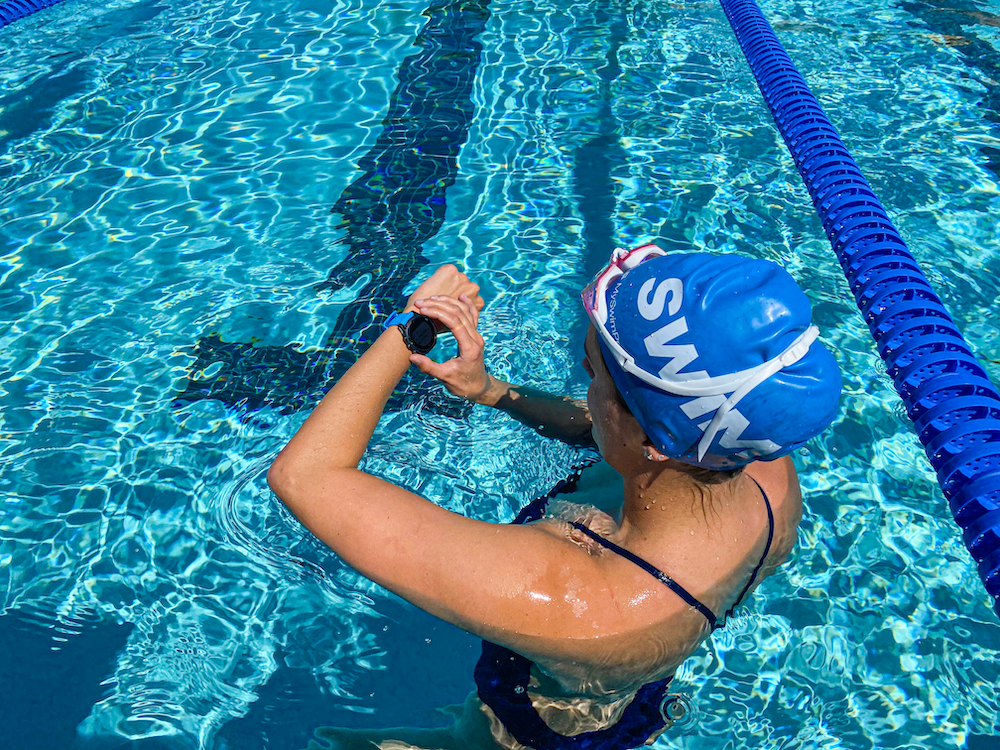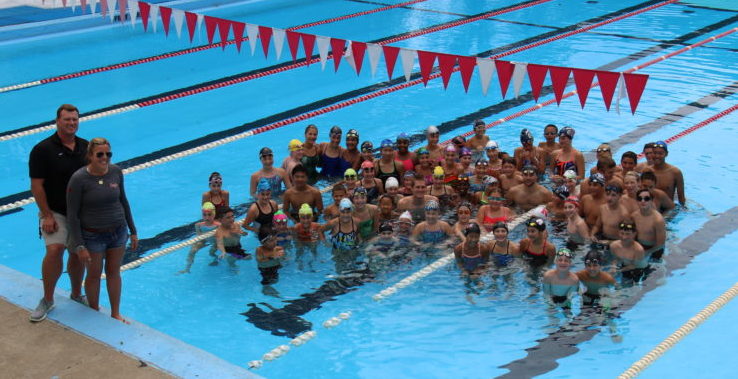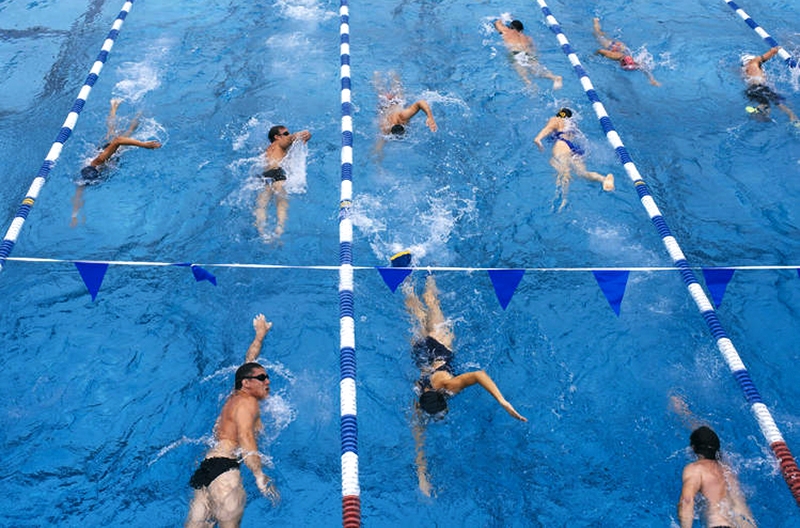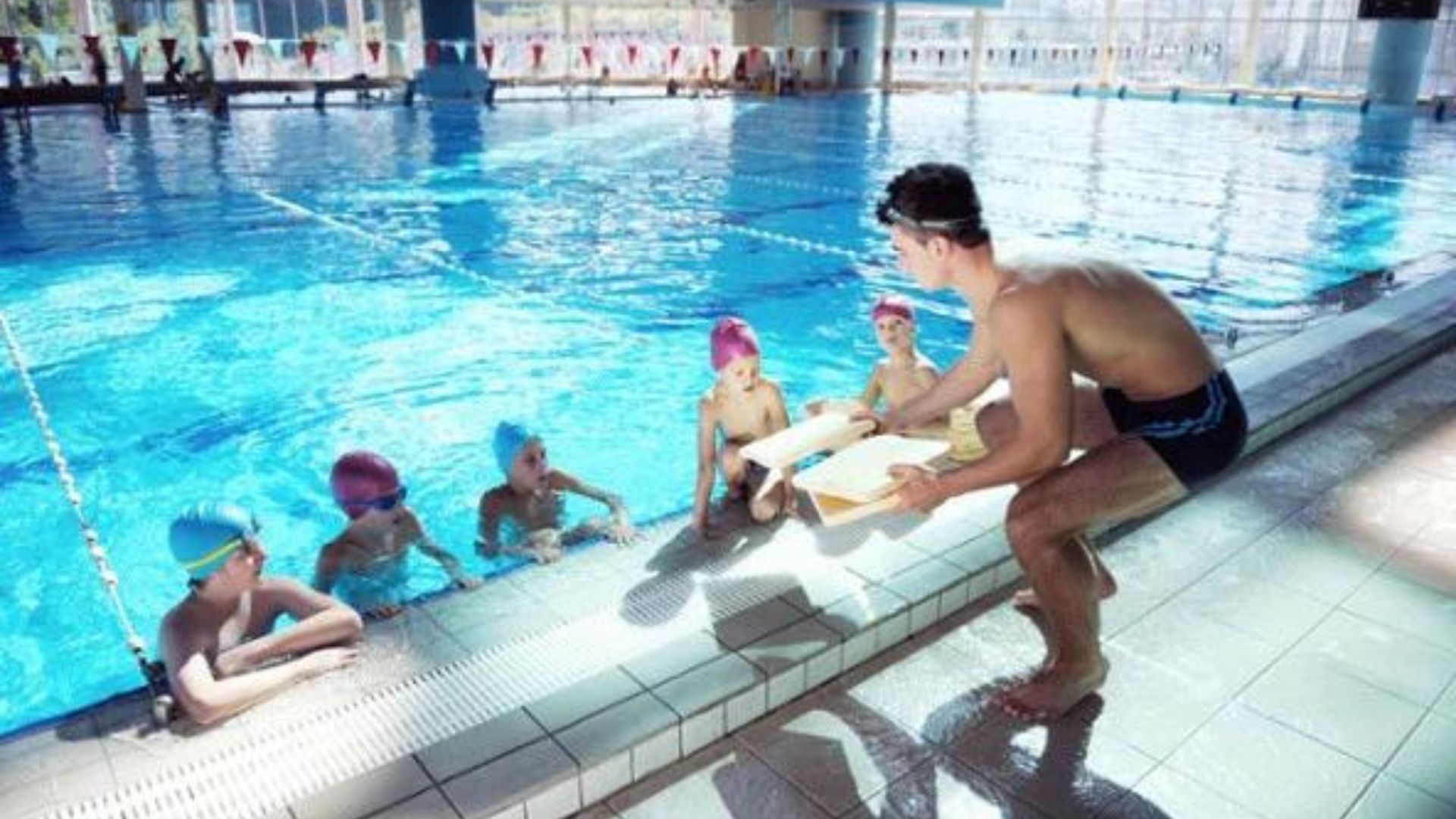Tracking progress and setting goals are essential aspects of any successful fitness journey, including swimming. Moreover, monitoring your achievements provides motivation and direction, while setting clear goals helps you stay focused and committed. Therefore, understanding effective methods to track progress and establish meaningful goals is crucial for continual improvement and achieving desired outcomes in swimming or any fitness endeavor.
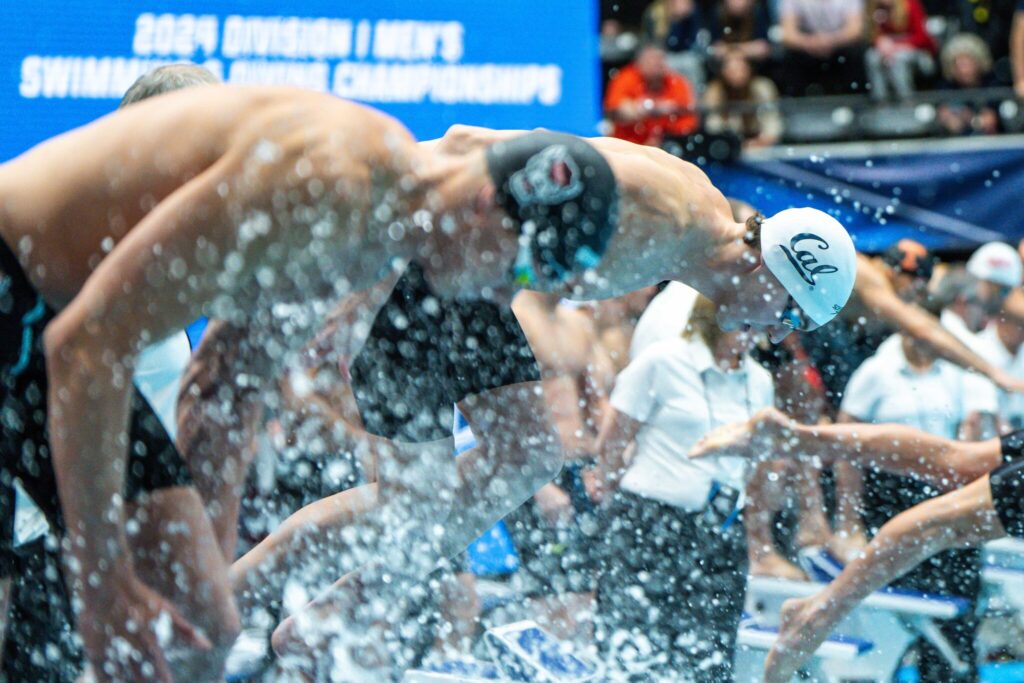
Establish Clear and Specific Goals
Start by establishing clear and specific goals that are measurable and achievable. Define what you want to accomplish in your swimming journey, whether it’s improving stroke technique, increasing endurance, or participating in a competition. Moreover, set both short-term and long-term goals to create a pathway for progress and maintain motivation. Additionally, ensure your goals are realistic and aligned with your current fitness level and lifestyle. Therefore, establishing clear goals provides clarity and purpose to your swimming practice.
Break Goals Down into Manageable Steps
Break down larger goals into smaller, manageable steps or milestones. This approach makes your goals less daunting and allows you to track progress more effectively. Moreover, create an action plan with specific tasks and timelines for achieving each milestone. Additionally, celebrate each achievement along the way to maintain motivation and momentum. Therefore, breaking goals into manageable steps promotes consistency and progress in your swimming journey.
Use Objective Metrics to Measure Progress
Utilize objective metrics to track your progress and monitor improvements in swimming performance. Measure metrics such as lap times, stroke efficiency, distance covered, or heart rate during workouts. Moreover, keep a training log or use fitness tracking apps to record and analyze your performance over time. Additionally, track qualitative factors such as technique improvements, increased stamina, or reduced recovery time. Therefore, using objective metrics provides tangible evidence of progress and identifies areas for further development.
Regularly Assess and Adjust Goals
Regularly assess your progress towards goals and make adjustments as needed based on your performance and changing circumstances. Moreover, evaluate whether you are on track to achieve your goals within the set timeframe. Additionally, adjust goals that may be too ambitious or revise strategies to overcome challenges or plateaus. Therefore, regularly assessing and adjusting goals ensures they remain relevant and achievable throughout your swimming journey.
Seek Feedback and Guidance
Seek feedback from coaches, trainers, or experienced swimmers to gain insights into your performance and areas for improvement. Moreover, welcome constructive criticism as a valuable tool for growth and skill development. Additionally, use feedback to refine your goals and adjust your training plan accordingly. Therefore, seeking feedback and guidance enhances learning, skill acquisition, and performance in swimming.
Stay Motivated and Consistent
Maintain motivation and consistency by celebrating achievements, staying focused on your goals, and finding enjoyment in the process. Moreover, set rewards for reaching milestones or overcoming challenges in your swimming journey. Additionally, establish a regular training schedule and prioritize workouts to build momentum and progress. Therefore, staying motivated and consistent fosters commitment and perseverance towards achieving your swimming goals.
Reflect on Your Journey
Reflect on your swimming journey periodically to acknowledge progress, setbacks, and lessons learned along the way. Moreover, identify factors that contribute to your success or areas needing improvement. Additionally, use reflection as an opportunity to adjust goals, refine strategies, and celebrate personal growth and achievements. Therefore, reflecting on your journey enhances self-awareness, resilience, and continuous improvement in swimming.
Celebrate Achievements and Milestones
Celebrate achievements and milestones to recognize your hard work and dedication in reaching your swimming goals. Moreover, acknowledge progress, no matter how small, as it contributes to your overall success and motivation. Additionally, share successes with friends, family, or fellow swimmers to celebrate milestones and maintain enthusiasm. Therefore, celebrating achievements reinforces positive behavior and encourages ongoing commitment to your swimming journey.
Conclusion
In conclusion, tracking progress and setting goals are essential components of a successful and fulfilling swimming experience. By establishing clear goals, breaking them down into manageable steps, using objective metrics, and seeking feedback, you can monitor your progress effectively and adjust your training plan accordingly. Moreover, staying motivated, reflecting on your journey, and celebrating achievements foster resilience, commitment, and enjoyment in swimming. Therefore, by implementing these strategies, you can achieve your swimming goals and continually improve your performance, whether for recreation, fitness, or competition. Happy swimming!
